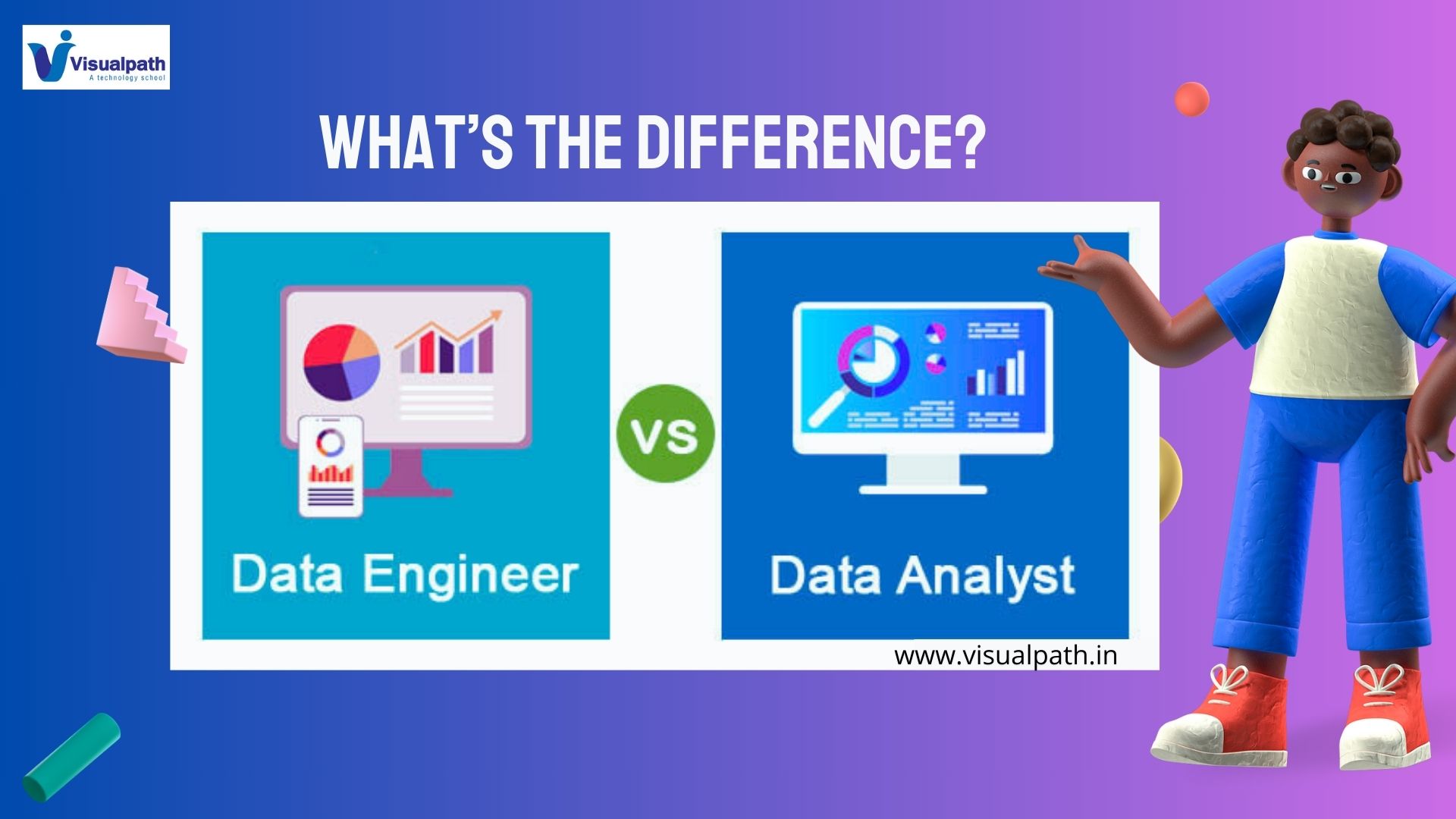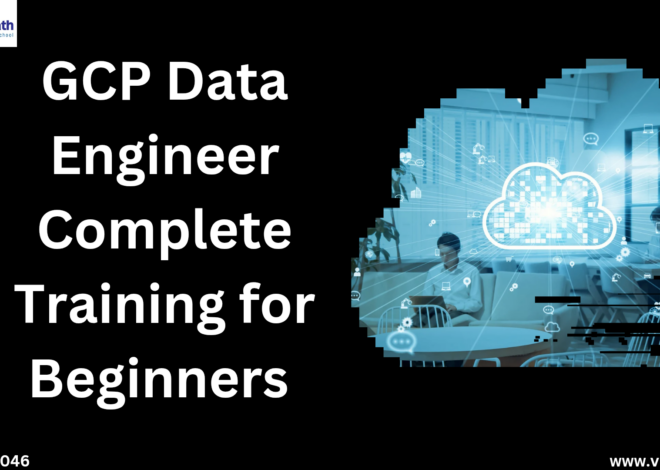
Data Engineer vs Data Analyst: The Key Differences, Responsibilities
Data Engineer vs Data Analyst: Understanding the Distinctions and Complementary Roles
In the era of big data, organization’s leverage vast information to drive decision-making, operational efficiency, and strategic initiatives. Two pivotal roles in this landscape are Data Engineers and Data Analysts. While they may seem similar and often work closely, their responsibilities, skill sets, and contributions to the data ecosystem differ significantly.
Data Engineer: The Architect of Data Infrastructure
Primary Responsibilities: Data Engineers are the architects and builders of the data pipelines and infrastructure that allow data to flow seamlessly from various sources to storage and analysis platforms. Their main tasks include:
- Designing and Building Data Pipelines:
- Creating robust, scalable, and efficient data collection, processing, and storage pipelines.
- Ensuring data integrity and reliability through proper ETL (Extract, Transform, Load) processes. GCP Data Engineer Training in Hyderabad
- Data Integration:
- Integrating data from multiple sources, ensuring that disparate data sets can be combined and used cohesively.
- Working with APIs, databases, and data lakes to bring data into a centralized system.
- Infrastructure Management:
- Managing and optimizing databases and data storage solutions.
- Ensuring high availability, security, and performance of data systems.
Skill Sets:
- Technical Proficiency: Expertise in programming languages such as Python, Java, and Scala.
- Database Management: Deep understanding of SQL and NoSQL databases.
- Big Data Technologies: Proficiency with Hadoop, Spark, Kafka, and other big data tools.
- Cloud Platforms: Familiarity with AWS, Google Cloud, or Azure for cloud-based data solutions.
Contribution to Organizations: Data Engineers enable organizations to collect, store, and process data efficiently. They build the foundation that allows data to be transformed into actionable insights, ensuring that data analysts and scientists have reliable, accessible, and high-quality data. Google Cloud Data Engineer Training
Data Analyst: The Interpreter of Data
Primary Responsibilities: Data Analysts are the interpreters who take raw data and turn it into meaningful insights. Their main tasks include:
- Data Analysis and Visualization:
- Analyzing data to uncover trends, patterns, and anomalies.
- Creating visualizations and reports to communicate findings to stakeholders.
- Statistical Analysis:
- Applying statistical methods to test hypotheses and validate results.
- Conducting A/B testing and other experimental analyses to inform business decisions.
- Business Intelligence:
- Working closely with business units to understand their data needs.
- Translating business requirements into analytical queries and reports.
Skill Sets:
- Analytical Tools: Proficiency with tools like Excel, SQL, and BI platforms such as Tableau, Power BI, and Looker.
- Statistical Knowledge: Strong foundation in statistics and data modelling.
- Communication: Ability to present complex data insights in a clear and actionable manner to non-technical stakeholders.
- Domain Knowledge: Understanding the specific industry or business domain to contextualize data insights. AWS Data Engineering Training
Contribution to Organizations: Data Analysts provide the insights needed for strategic decision-making. They turn data into actionable information, helping organizations to understand their performance, identify opportunities, and address challenges.
Complementary Roles
While distinct, the roles of Data Engineers and Data Analysts are highly complementary:
- Collaboration: Data Analysts rely on the data infrastructure built by Data Engineers. Without clean, accessible data pipelines, analysts cannot perform their work effectively.
- Synergy: Data Engineers ensure data quality and availability, enabling Data Analysts to focus on extracting insights rather than cleaning and preparing data.
- End-to-End Process: Together, they form a complete data processing chain: Engineers handle data ingestion, storage, and processing, while Analysts focus on analysis, interpretation, and reporting.
Conclusion
Both Data Engineers and Data Analysts are integral to an organization’s data strategy. Data Engineers provide the necessary infrastructure, ensuring that data is reliable and accessible. In contrast, Data Analysts transform this data into valuable insights that drive informed decision-making. Understanding the distinct yet complementary nature of these roles is crucial for building effective data teams and leveraging data as a strategic asset. Google Cloud Data Engineer Online Training
Visualpath is the Best Software Online Training Institute in Hyderabad. Avail complete GCP Data Engineering worldwide. You will get the best course at an affordable cost.
Attend Free Demo
Call on – +91-9989971070
WhatsApp: https://www.whatsapp.com/catalog/919989971070
Visit https://visualpath.in/gcp-data-engineering-online-traning.html



